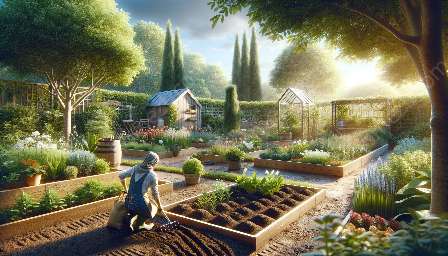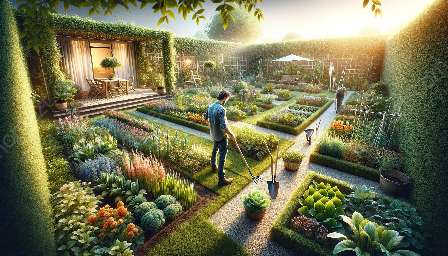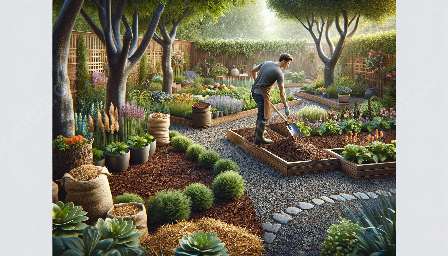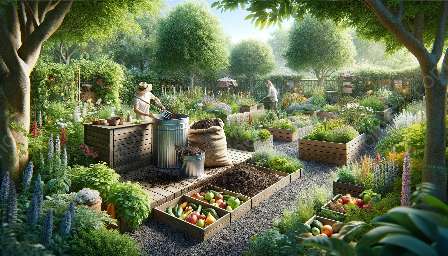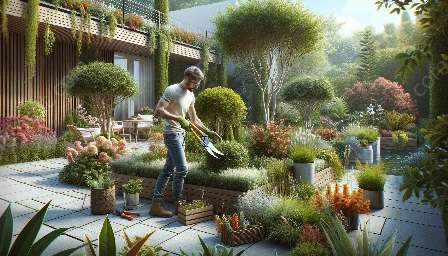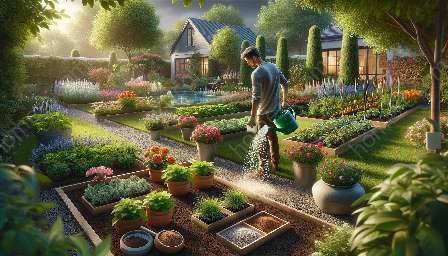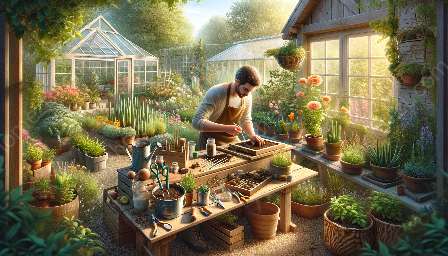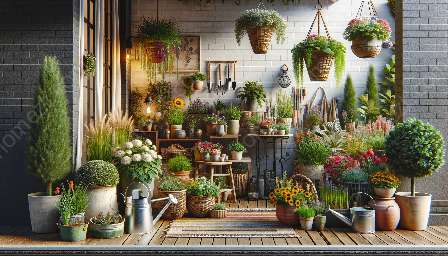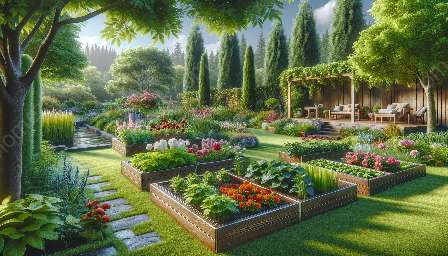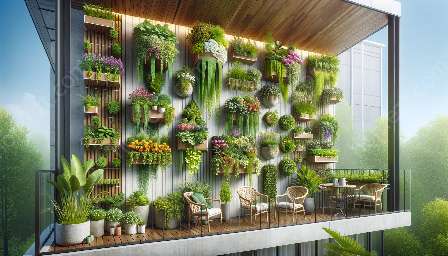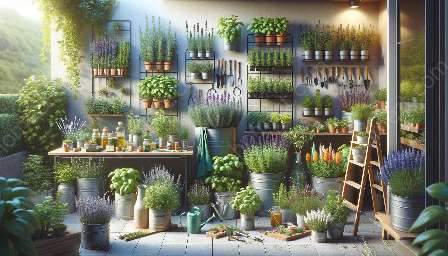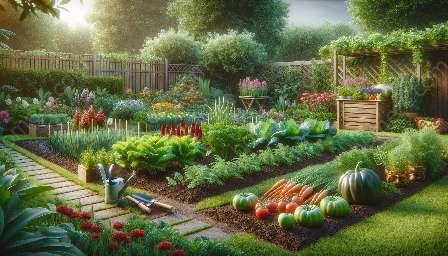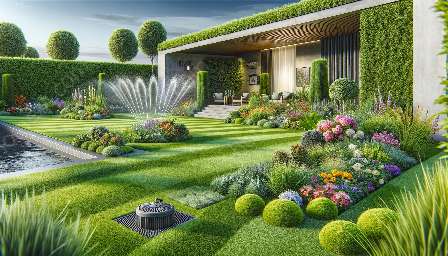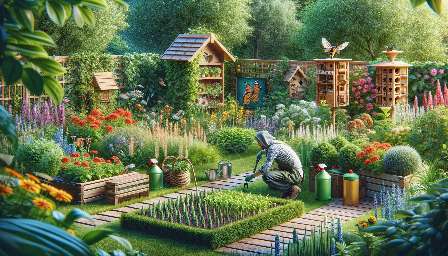As a gardener, it is crucial to understand and implement effective pest and disease control strategies to maintain a healthy and thriving garden. In this comprehensive guide, we will explore various methods and best practices for managing pests and diseases while ensuring compatibility with gardening basics and landscaping.
Gardening Basics: Understanding Pest and Disease Control
Before delving into pest and disease control methods, it's essential to understand the fundamental principles of gardening. Creating a healthy and balanced environment for your plants is the first step in preventing pest and disease infestations. This involves proper soil preparation, watering, and adequate plant nutrition.
Integrating gardening basics into pest and disease control ensures that your garden is better equipped to withstand potential threats, leading to more effective management in the long run.
Identifying Common Garden Pests and Diseases
Recognizing the signs of common garden pests and diseases is critical for early detection and intervention. Whether it's aphids, caterpillars, or fungal infections, being able to identify these issues promptly can prevent widespread damage to your plants.
By incorporating this knowledge into the landscaping process, you can proactively plan and design your garden to minimize the risk of pest and disease outbreaks, promoting a healthy and resilient landscape.
Natural Pest Control Methods
Implementing natural pest control methods not only safeguards the environment but also contributes to the overall health of your garden. Utilizing beneficial insects, such as ladybugs and praying mantises, along with companion planting, can help manage pest populations without the need for harmful chemicals.
- Companion planting: Interplanting specific herbs and flowers to repel pests or attract beneficial insects.
- Biological controls: Introducing natural predators to manage pest populations, such as using nematodes to control soil-dwelling pests.
- Barrier methods: Creating physical barriers, such as row covers, to protect plants from pests and diseases.
Organic Disease Management
Embracing organic disease management practices aligns with the principles of gardening and landscaping. By avoiding synthetic chemicals and opting for organic fungicides and preventive measures, you can effectively control diseases without compromising the overall ecological balance of your garden.
Applying compost tea, neem oil, and other organic solutions can strengthen plant immunity and mitigate the risk of disease outbreaks. These methods are not only beneficial for your garden but also ensure a safer and healthier environment for wildlife and beneficial organisms.
Integrated Pest Management (IPM)
Integrated Pest Management (IPM) is a holistic approach that integrates multiple pest control strategies in a coordinated manner, emphasizing prevention and long-term solutions. This method aligns seamlessly with the principles of gardening and landscaping, promoting sustainable and environmentally friendly practices.
Key components of IPM include:
- Monitoring and identifying pests and diseases
- Implementing preventive measures
- Utilizing biological, cultural, and mechanical controls
- Resorting to chemical controls only as a last resort
By adopting IPM principles, gardeners can effectively manage pests and diseases while minimizing the impact on the surrounding ecosystem, ensuring a harmonious coexistence between the garden and its natural surroundings.
Conclusion
Effectively managing pest and disease control in gardening is essential for maintaining a vibrant and flourishing garden. By incorporating these strategies and practices, gardening enthusiasts can nurture healthy and resilient landscapes while aligning with the core principles of gardening basics and landscaping. Embracing a holistic approach that prioritizes sustainability and environmental stewardship will not only benefit your garden but also contribute to the overall well-being of the surrounding ecosystem.

